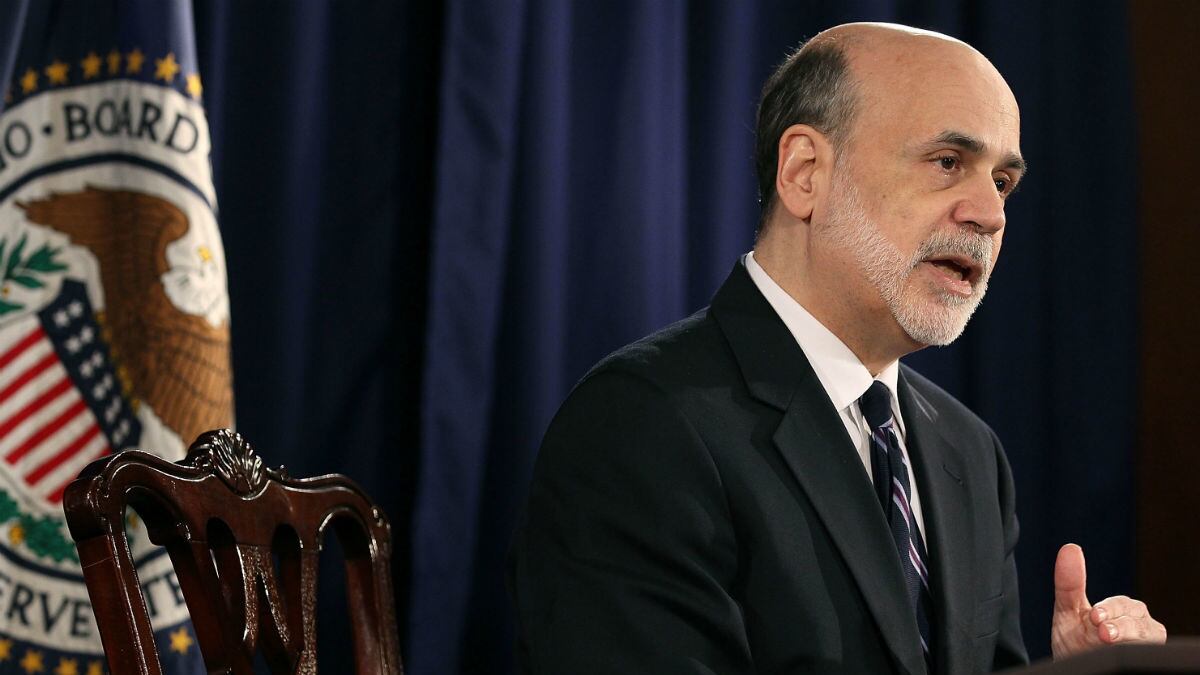
One idea that has been advanced in some conservative quarters, such as by Representative Kevin Brady, is for the Federal Reserve to end its dual mandate and just focus on fighting inflation.
Brady recently introduced legislation calling for this but it may turn out that his efforts are not really necessary. Based on my reading of Gavyn Davies column in the Financial Times, the Fed is already acting as if it only had a single mandate anyway:
Although it is easy to agree with Mr Bernanke’s determination to keep inflation anchored, there are quite a few surprising things in this statement. For someone who has previously argued that he takes the Fed’s dual mandate seriously, and has also believed that unemployment in the current recession is demand determined, not supply determined, it is odd to hear the chairman giving so little weight to the fact that the Fed’s employment objective will not be achieved for several years.
It is also odd to hear that he now believes that any improvement to the employment path might be “quite tentative and maybe doubtful”. Does that not sound more like someone who believes that unemployment is already near its structural or natural rate, at which point the Fed has no further responsbility for reducing it? This seems to be a change in the chairman’s use of language compared to what he has consistently said since the recession started.
Another puzzle is the FOMC’s latest take on its inflation objective. Although the chairman says that it is a symmetrical target around 2 percent, the committee in fact seems to have little or no tolerance for taking any risk that inflation might exceed 2 percent for even a fairly short space of time. This is also more hawkish than would seem consistent with the dual mandate.
In fact, ever since the inflation target was formally adopted by the Fed in Janaury, the FOMC seems have veered in the direction of interpreting its target rather like the ECB, where 2 percent inflation is regarded as a ceiling, not an average, and where unemployment formally has no role in monetary policy.
It is very hard to believe that the FOMC has permanently changed its reaction function to that extent, but it is currently trying hard to persuade us that it has. Much lower inflation is needed before they will ease again.
(H/T Brad DeLong)
So if the Fed is acting as if inflation was the only thing that mattered, can conservatives genuinely say this is leading to positive results?




